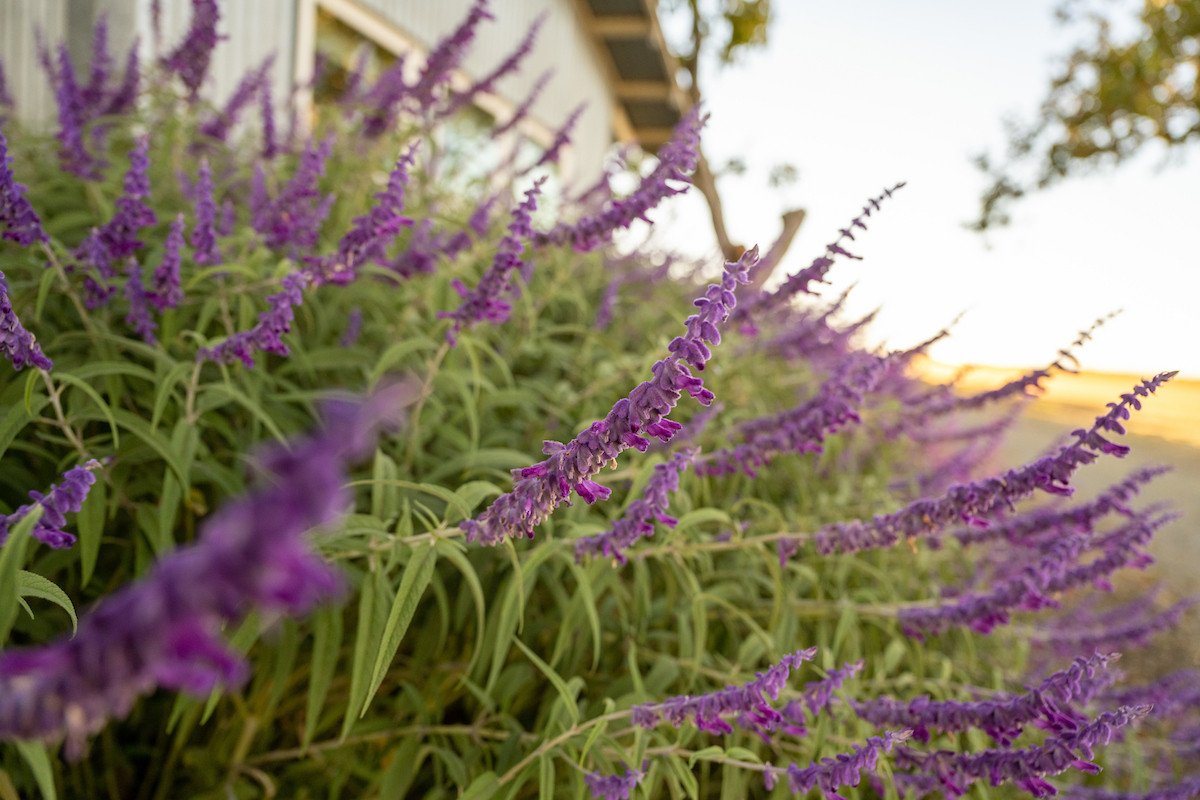Inequities Persist Among American Women Farmers, Research Finds
New AFT Report Finds Disparities, Including Access to Resources, Among Women in Agriculture
(Washington, D.C.) Despite evidence to their rising presence in U.S. agriculture, key disparities persist in terms of access to financial and technical resources and key information networks for women in agriculture, especially among Black, Indigenous, Latina, Asian, and Queer women, according to new AFT research. The State of Gender Equity in U.S. Agriculture found that internal and institutionalized sexism were core barriers, which contribute to disparate outcomes for women-led farms.
“The findings of this report are profound and concerning, in terms of what they say about the uphill battles that the growing number of women and gender-queer people trying to make it as farmers continue to face,” said Caitlin Joseph, AFT Women for the Land Deputy Director. “Given the nearly 300 million acres (about twice the area of Texas) of agricultural land set to change ownership in the next 20 years, and our country’s shifting demographics, it is critical that we ensure that all people have a fair shot at being successful in agriculture. This report shows that we still have a lot of work to do to get there.”
The report details the ways these barriers impact women in agriculture, the secondary issues that arise, and the implications for food production, farm viability, climate resilience, and farmland protection.
It found that women-led farms are making substantially less money, have unique challenges in accessing secure land tenure, and receive less government support through financial and technical assistance. For example, for every $1 in profit a women-run farm makes, a man makes about $2.50 when farm landholdings, machinery, and other assets are included. Furthermore, women are at greater risk of experiencing violence and discrimination in the field of agriculture.
The 2017 Census of Agriculture found that more than half, 56 percent of all farms had at least one female producer involved in the operation, but that just 29 percent of all principal operators were women. The 2019 Agricultural Resource Management Survey found that just 14 percent of principal operators were women.
In addition to being underrepresented in farm leadership roles, the report found that women tend to be lead decision-makers on agricultural operations that produce things like fruits, vegetables, poultry, horses, and nursery crops, which tend to be on the fringes agricultural production in the U.S. and thus may be less supported by government incentives and insurance programs geared toward commodity production.
The report authors used a literature review, semi-structured in-depth interviews, and analysis of data from the United States Department of Agriculture to conduct the analysis.
“Agriculture needs women,” said Ebonie Alexander of the Black Family Land Trust, Inc. “In the early days of agriculture in the U.S., it was women doing the work, whether it was enslaved women or not. Women have traditionally been agriculturalists, but we’ve lost that. We need to re-embrace that history and do more to protect the integrity of our rural communities. Women who farm are concerned with the concrete aspects of farming, not the superficial. We need to ask women directly more questions about what they need, what would make their lives easier as a producer.”
The report recommendations include placement of more women in farming leadership roles; training in cultural competency and gender-appropriate services for agricultural support staff; increased investment in rural community infrastructure including childcare; and improvements to programs tailored for small and mid-sized farms, among others.
###
American Farmland Trust is the only national organization that takes a holistic approach to agriculture, focusing on the land itself, the agricultural practices used on that land, and the farmers and ranchers who do the work. AFT launched the conservation agriculture movement and continues to raise public awareness through our No Farms, No Food message. Since our founding in 1980, AFT has helped permanently protect over 7.8 million acres of agricultural lands, advanced environmentally-sound farming practices on millions of additional acres and supported thousands of farm families.




